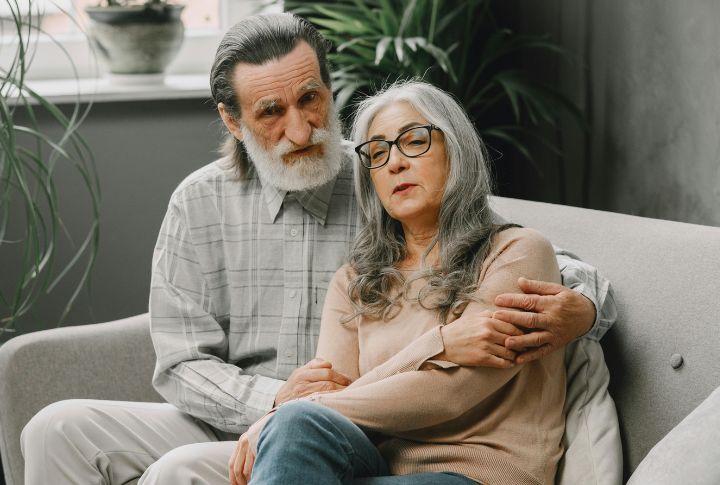
You think you’re helping when someone’s hurting, but those comforting words you rely on? They might be causing more harm than good. Turns out, most of us default to a few lines that sound supportive but land like emotional shut-downs. Psychologists have identified those responses—and you’ve probably used them recently. Here are the ten phrases you should stop using to comfort someone.
Everything Happens For A Reason

Whenever life gets hard, many hear the phrase, “Everything happens for a reason.” While meant to comfort, it can sometimes feel dismissive or minimizing. People need acknowledgement, not abstract lessons. Simply listening, validating feelings, and showing genuine care can turn moments of pain into real emotional support.
At Least It’s Not Worse

Imagine sharing a struggle and hearing, “at least it’s not worse.” Sounds positive, but this response can shut down conversation and make someone feel unheard. Replacing comparisons with gentle validation—like saying, “that must feel overwhelming”—helps people feel seen and encourages honest emotional sharing.
You’ll Get Over It Soon
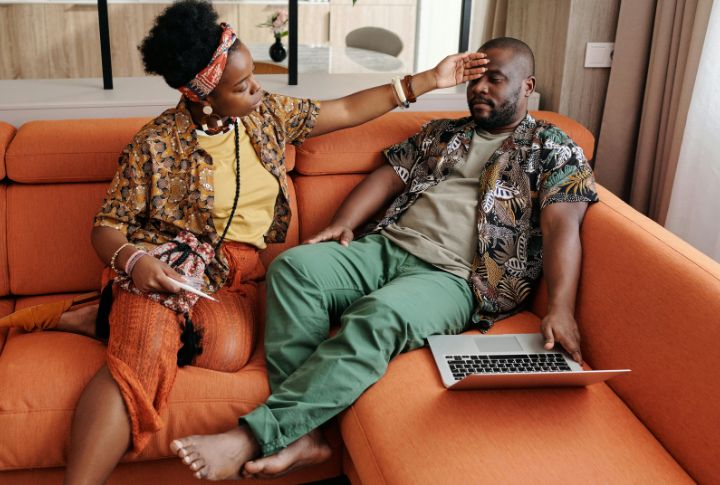
“Getting over it soon,” that might come out naturally in some cases. However, psychologists warn that it can dismiss someone’s experience. Emotional recovery is personal and unpredictable, so you need to respond with understanding. Try saying “It makes sense that this hurts,” to validate their feelings without imposing a timeline.
Stay Positive
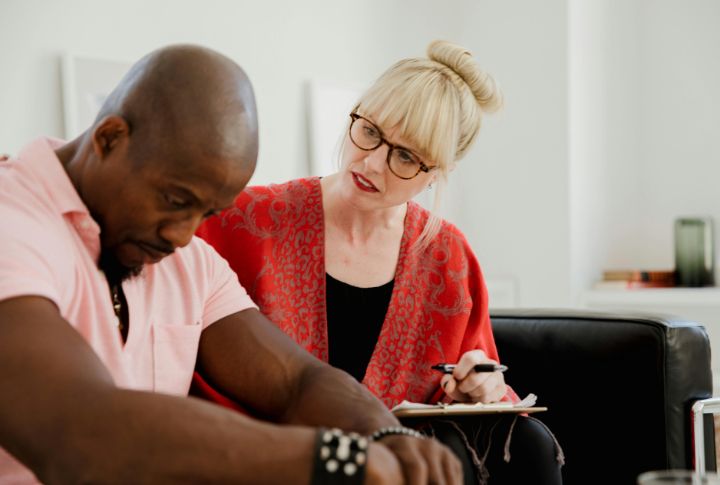
Encouragement like “stay positive” often brushes over real pain and can leave struggles unspoken. Acknowledging someone’s negative experiences helps them feel seen and builds resilience. You should balance hope with honest understanding to open up space for reflection. It lets them heal faster while still honoring how heavy things feel.
Look On The Bright Side

Clinical evidence shows that the directive to “look on the bright side” functions as a form of emotional suppression, which prevents natural psychological processing. Positive psychology supports optimistic outlooks, but only when they develop naturally in a person rather than being forced by others.
God Has A Plan
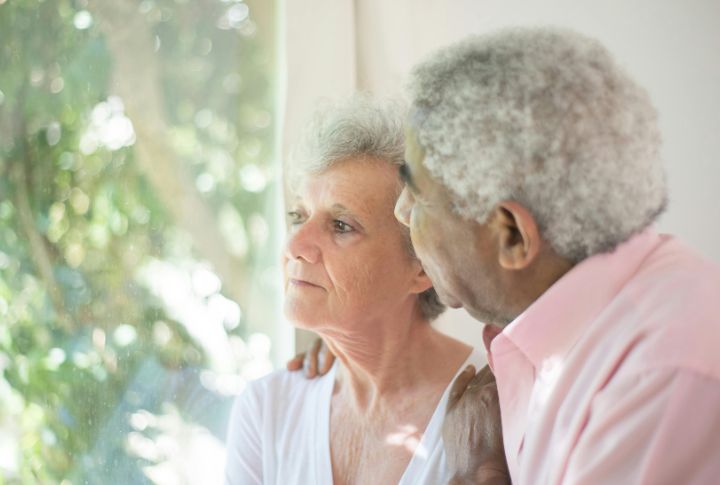
Many people rely on “God has a plan” to find purpose amid life’s challenges. However, experts caution that repeating this line risks avoiding real suffering and brings in conflicting worldviews instead. Meaningful support begins with listening, validating feelings, and offering presence, which resonates far more than divine reassurances.
Others Have It Harder

Life’s hardships aren’t a competition, so nobody has to follow a leaderboard. If you suggest someone should feel less because others suffer more, it ignores the intricate reality of human pain, which comes in many forms. Modern empathy experts share a wiser approach: value each person’s unique experience without comparative dismissals.
You’re Strong, You’ll Handle It

That classic “you’re strong, you’ll handle it” line? It’s more heavy than supportive. What sounds like encouragement often becomes a statement that tells them to keep struggling, even if you have to do it alone. It tells people to tough it out rather than reach out. But real strength isn’t about handling everything solo—it’s knowing when to ask for help.
You Should Be Grateful

Saying, “You should be grateful,” sounds realistic, but it often backfires. When someone is hurting, this advice can feel guilt-inducing. Gratitude is healthy, but it needs to come naturally. If you want to offer support, do it without pressure or judgment.
Don’t Cry
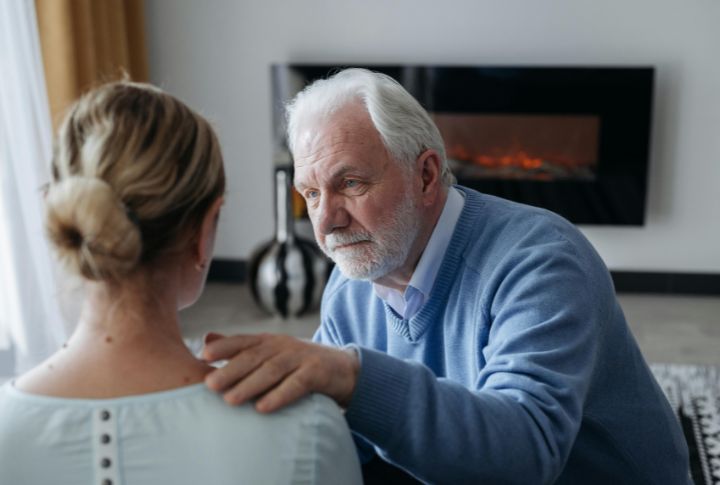
“Don’t cry” closes the door on processing pain. What actually helps? Staying present without trying to fix anything. Let them feel what they’re feeling. Your willingness to sit with their discomfort—rather than rush them past it—helps in ways you won’t know.

